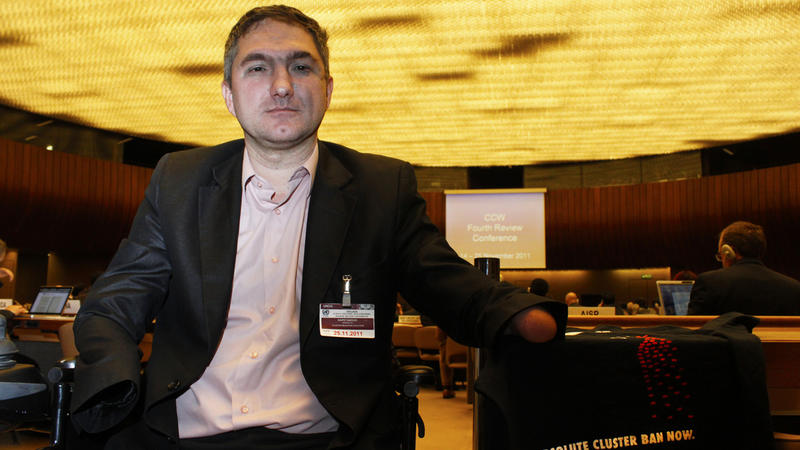On August 1, 2010, the Convention on Cluster Munitions took effect through a process known as entry-into-force. Five years on, it is widely viewed as a humanitarian disarmament success story as its 117 states adhere to the ban, destroy millions of stockpiled cluster munitons, clear unexploded remnants, and assist victims of the weapon.
The United States did not directly engage in the 2007-2008 diplomatic Oslo Process that created the Convention on Cluster Munitions, but more than 400 US Department of State cables filed from 100 countries and made public in 2009-2011 by Wikileaks show how the US attempted to influence its allies, partners, and other states during the process. It affected one aspect of the outcome of the negotiations with the inclusion in the final treaty text of Article 21 on relations with states not party to the convention or "interoperability."
The US has never participated as an observer in any of the convention's Meetings of States Parties. It was invited to, but won't be participating in the convention's high-level First Review Conference hosted by Croatia in Dubrovnik in September 2015, which non-signatories such as China, Finland, Poland, and Serbia will attend. Most of the convention's 93 States Parties will be in Dubrovnik, including Germany, Italy, and others working to complete the destruction of their cluster munition stockpiles this year. The convention's newest member Slovakia has confirmed it is sending a high-level delegation.
New use of cluster munitions in 2015 in Libya, Sudan, Syria, Ukraine, and most recently Yemen is expected to be widely condemned at the First Review Conference. Since 2010, the U.S. has also expressed concern over the use of cluster munitions in all of those countries. However, in Yemen it is supporting a Saudi Arabia-led coalition that has used U.S.-supplied cluster munitions in attacks against Ansar Allah (Houthi rebels) since April 2015.
The room will be packed when states, UN agencies, the International Committee of the Red Cross, and the Cluster Munition Coalition convene for the First Review Conference except for the empty chair sitting behind the US nameplate.
For more information, see:
- Cluster Munition Coalition, "Happy anniversary," August 1, 2015
- Handicap International USA, "Cluster munition still used," August 1, 2015
